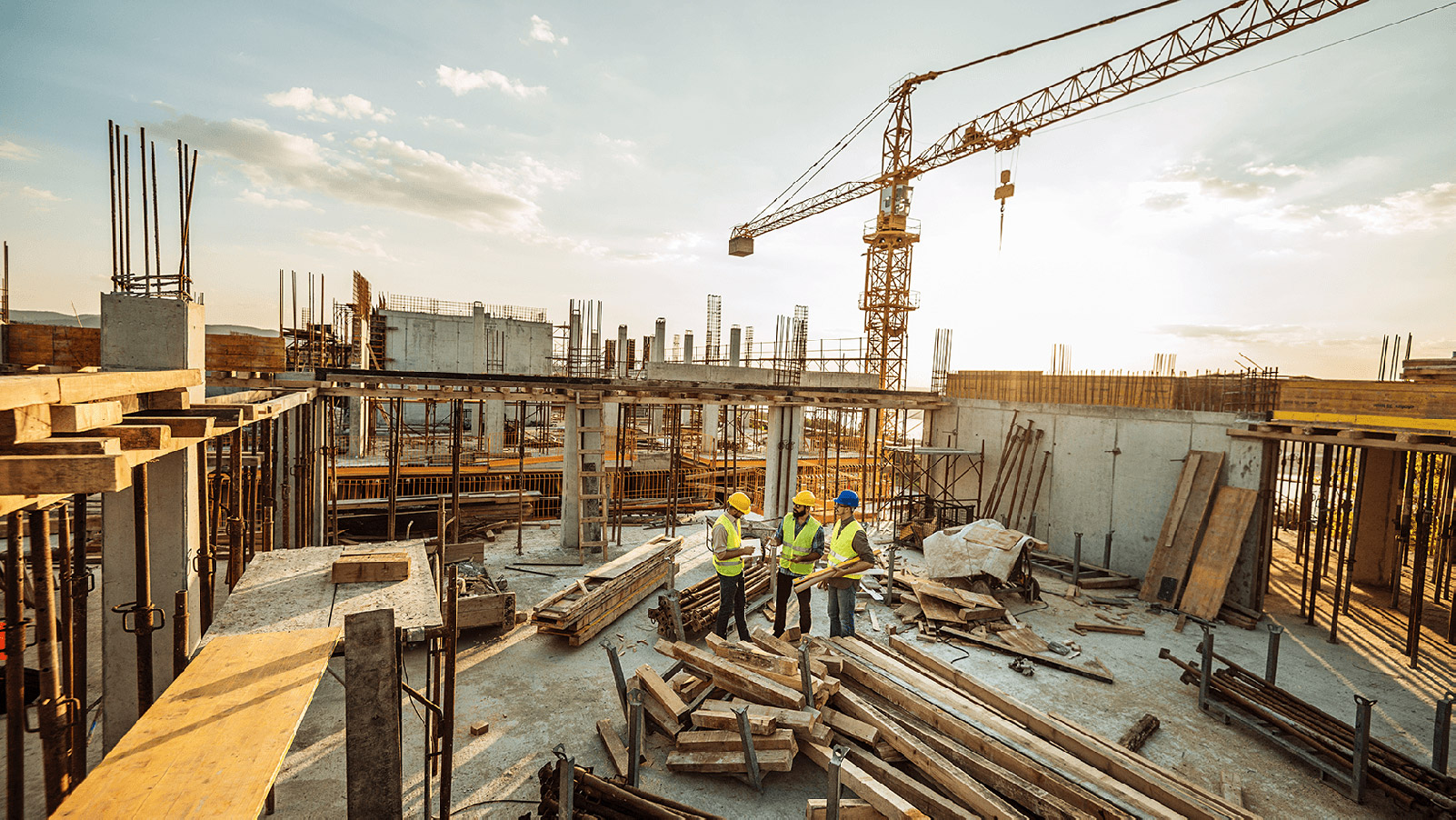In a world that is constantly evolving, the construction industry is not far behind. The year 2024 brings us a series of technological advances and changes in mentality that are transforming the way we design, build, and inhabit our spaces. From the incorporation of more sustainable materials to the adoption of cutting-edge technologies, the facilities and advantages in the field of construction are increasingly evident.
In a world that is constantly evolving, the construction industry is not far behind. The year 2024 brings us a series of technological advances and changes in mentality that are transforming the way we design, build, and inhabit our spaces. From the incorporation of more sustainable materials to the adoption of cutting-edge technologies, the facilities and advantages in the field of construction are increasingly evident. This is particularly noticeable in bustling urban hubs like New York, where innovative services in construction are reshaping the skyline and infrastructure of the city.
Sustainability as a Priority:
One of the most prominent trends in the construction industry in 2024 is the renewed focus on sustainability. With growing awareness of climate change and the need to reduce our environmental footprint, construction professionals are opting for greener materials and practices. From using certified wood and recycled concrete to designing buildings with high energy efficiency standards, sustainability has become a priority at every stage of the construction process.
Transformative Technology:
Technological advancement continues to be a key driver of innovation in construction. In 2024, we are seeing widespread adoption of tools like augmented reality (AR) and virtual reality (VR) to improve project planning and visualization. Additionally, artificial intelligence (AI) is revolutionizing project management and safety on construction sites.
Modularity and Prefabrication:
Modular construction and prefabrication are gaining popularity as efficient and cost-effective methods for building structures quickly and accurately. Instead of building each component on site, prefabricated modules are manufactured in controlled factories and then assembled at the construction site.
Collaboration and Connectivity:
Collaboration and connectivity are key elements in the construction landscape in 2024. The digitalization of work processes has facilitated communication and collaboration between all stakeholders in a project, from architects and engineers to contractors and clients.
Resilience and Adaptability:
Resilience and adaptability are increasingly important qualities in the construction industry. Construction professionals are incorporating designs and technologies that make buildings more resilient to natural disasters such as earthquakes, floods, and hurricanes. Furthermore, flexibility in the design and construction of spaces allows them to be adapted to the changing needs and demands of end-users.
In conclusion,
the year 2024 marks an exciting turning point in the construction industry, where innovation and sustainability are driving significant change. From the adoption of greener materials and practices to the incorporation of advanced technologies, the ease and advantages in construction are creating a more efficient, safe, and sustainable future for all.
